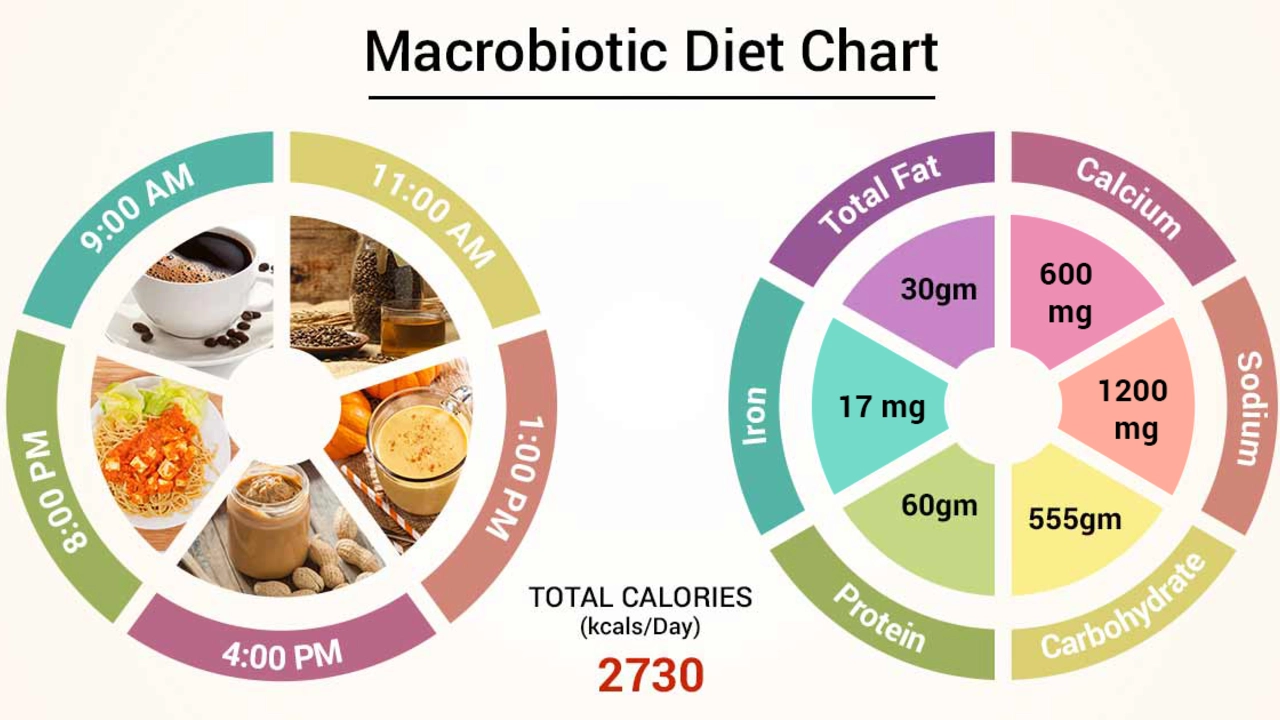Understanding Gluten Sensitivity: What You Should Know
Gluten sensitivity is becoming more recognized these days, but it’s often confused with similar conditions like celiac disease or wheat allergy. Unlike celiac disease, gluten sensitivity doesn’t cause damage to the small intestine, but it can still trigger uncomfortable symptoms like bloating, headache, or tiredness. Figuring out if gluten is the culprit can be tricky because these symptoms overlap with other common issues.
People with gluten sensitivity often suffer from digestive troubles, skin rashes, or brain fog shortly after eating gluten-containing foods such as bread, pasta, or baked goods. The exact cause isn’t fully understood, but the body seems to react negatively to gluten without the autoimmune damage seen in celiac disease.
How to Spot Gluten Sensitivity and Get Diagnosed
If you suspect gluten sensitivity, the first step is keeping a close eye on your symptoms and food intake. Doctors usually recommend ruling out celiac disease and wheat allergy first via blood tests and sometimes an intestinal biopsy. Once those are excluded, a gluten-free diet trial may help confirm sensitivity based on symptom improvement.
It’s important not to self-diagnose or start a gluten-free diet before testing, as that can make diagnosis harder. Working with a healthcare provider ensures you get the right tests and guidance. Also, note that if symptoms come back when gluten is reintroduced after a break, it’s a clear sign that gluten might be your problem.
Managing Gluten Sensitivity: Practical Tips
Going gluten-free can feel overwhelming at first, but it’s doable with some planning. Focus on naturally gluten-free foods like fruits, veggies, meats, rice, and potatoes. Read labels carefully because gluten sneaks into many processed products under different names. Try cooking at home more often to control ingredients.
Many people worry about missing out on nutrients, but with a balanced gluten-free diet, you can stay healthy and enjoy your meals. If symptoms persist despite avoiding gluten, talk to your doctor as other issues could be involved.
Remember, gluten sensitivity isn’t life-threatening, but it can seriously impact how you feel day to day. Knowing what triggers your symptoms and how to avoid gluten safely helps you take control of your health. If you want to learn more about gluten and related health topics, keep exploring reliable health resources to stay informed and healthy.

